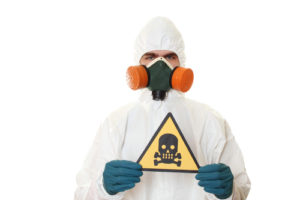When Should Tenants Withold Rent? Does Mold Count?

Should Tenants Pay Rent for Mold-Infested Apartments?
When you rent a house or apartment, you have a legal obligation to pay the agreed-upon amount each month. What happens if the landlord doesn’t uphold their end? If your rental home requires Manhattan mold removal, it could impact your responsibilities.
Is Your Home “Livable?”
Each state has laws governing landlord-tenant interactions. All rules incorporate the Warrant of Habitability, which requires landlords to provide housing that meets basic standards of health, safety and other living conditions.
One of the reasons rental properties appeal to tenants is freedom from responsibility for most maintenance and repair issues. If a pipe is leaking or the hot water heater breaks down, it’s up to the landlord to take care of it.
When the Warrant of Habitability Is Broken
Mold infestation, which creates a health risk, may fall under the landlord’s purview. If you need to seek Manhattan mold removal, follow these steps to protect your rights:
• Notify the landlord in writing, text or email.
• Take pictures.
• Allow a reasonable amount of time for resolution, which can vary based on the severity of the problem. The landlord should demonstrate a good-faith effort to correct the situation.
• If the situation reaches a point where withholding a portion of the rent is justified, notify the landlord in writing. Deposit the withheld funds into an escrow account pending legal disposition.
Effective Manhattan Mold Removal for Landlords and Homeowners
Whether you have one property or several, Stern Mold can handle your remediation needs. Contact us for more information.


